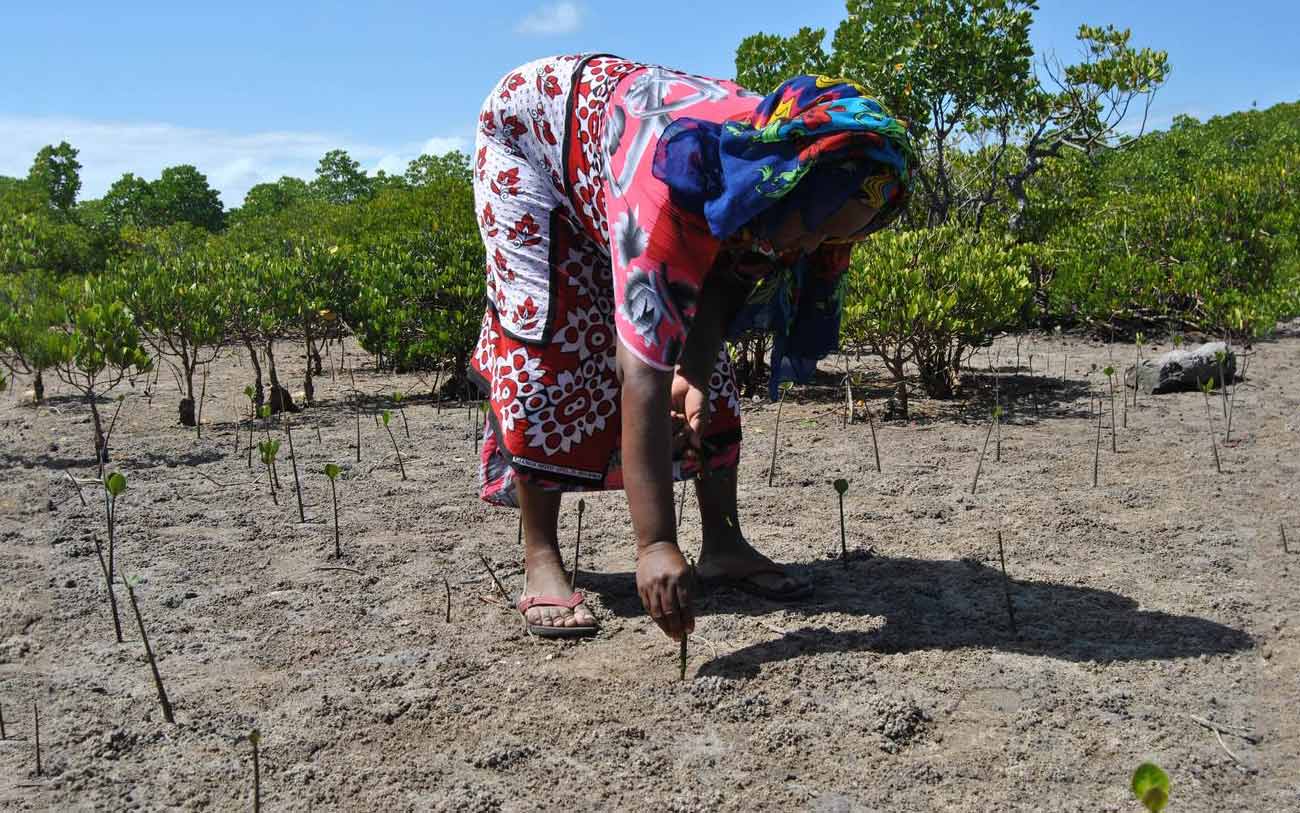Razan Al Mubarak has written an op-ed for ImpactAlpha, reflecting on a term that is becoming increasingly prominent in the discourse on climate change: “nature-based solutions.” These are actions meant to protect, sustainably use, manage, and restore natural or modified ecosystems.
As UN Climate Change High-Level Champion for COP28, Ms. Al Mubarak said these solutions target major challenges like climate change, disaster risk reduction, food and water security, biodiversity loss and human health – all critical to sustainable economic development:
“Today, nature stands as the most effective carbon sink, capturing over 50% of emissions from human activities. It is estimated that nature-based solutions such as the restoration of soil, forests, and wetlands, can contribute 37% of climate mitigation efforts required by the Paris Agreement by 2030. Simply put, if we protect nature, it will protect us.”
Ms. Al Mubarak, who is also President of the International Union for Conservation of Nature (IUCN), said that nature-based solutions are already helping communities adapt and build resilience. As an example of a successful nature-based solution, she highlighted Abu Dhabi’s Mangrove National Park, the largest in the Arabian Gulf region, which acts as a crucial carbon sink that enables the UAE to establish a natural mechanism for sequestration that contributes to global climate efforts.
In the op-ed, Ms. Al Mubarak also clarified what nature-based solutions are not:
“They are not an alternative to direct efforts to reduce greenhouse gas emissions, nor are they a remedy for all environmental problems. Instead, they must complement, rather than replace, other strategies for fighting combat climate change – for instance, relying solely on reforestation to offset emissions from coal-fired power plants would be inadequate and misleading.”
For the first time at COP28 UAE next December, countries will assess collective progress toward achieving the Paris Agreement’s key goals in what is known as the Global Stocktake. Unfortunately, it’s now clear we are lagging in meeting critical targets. Addressing these gaps will require changes not just in energy and transportation, but also in how we farm, build, manufacture, invest, and, yes, how we conserve and restore nature.
